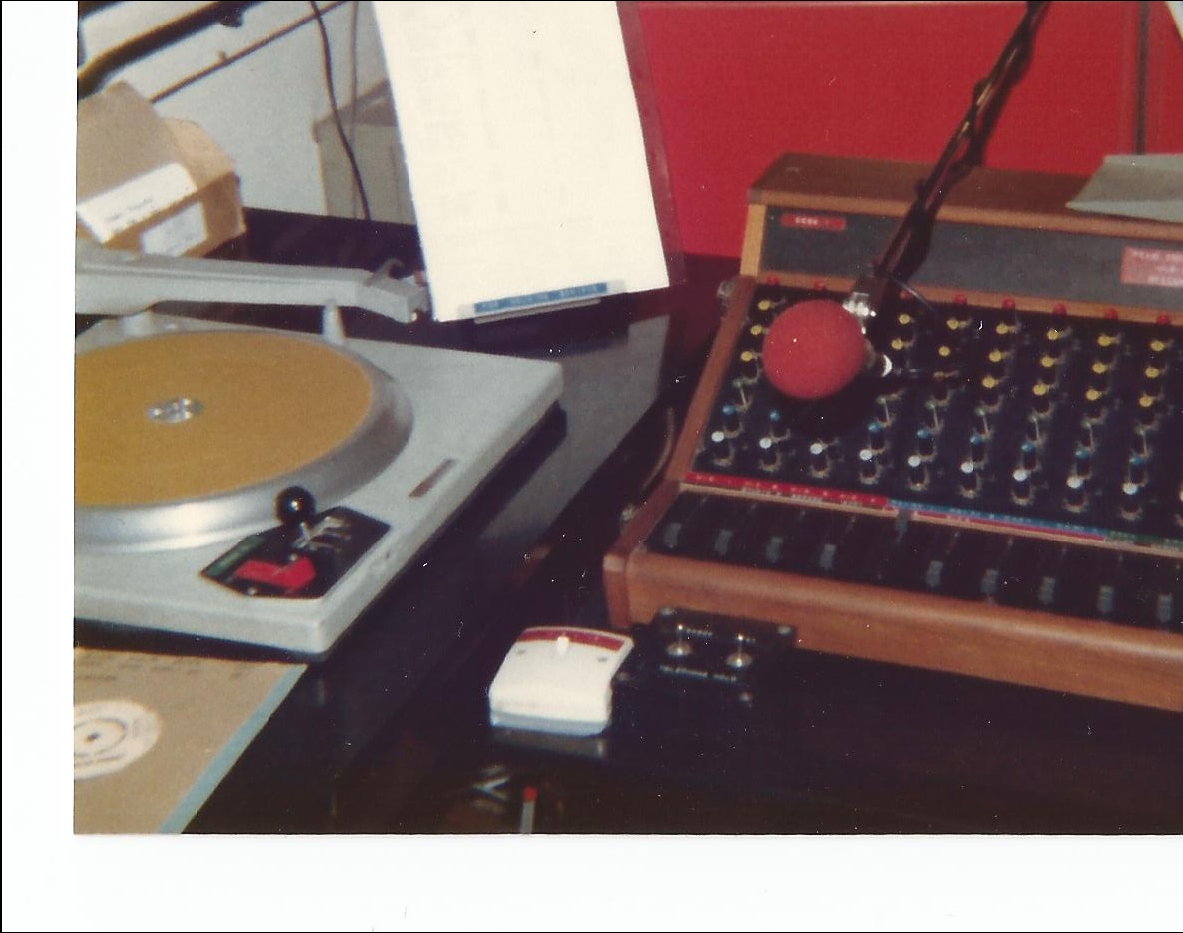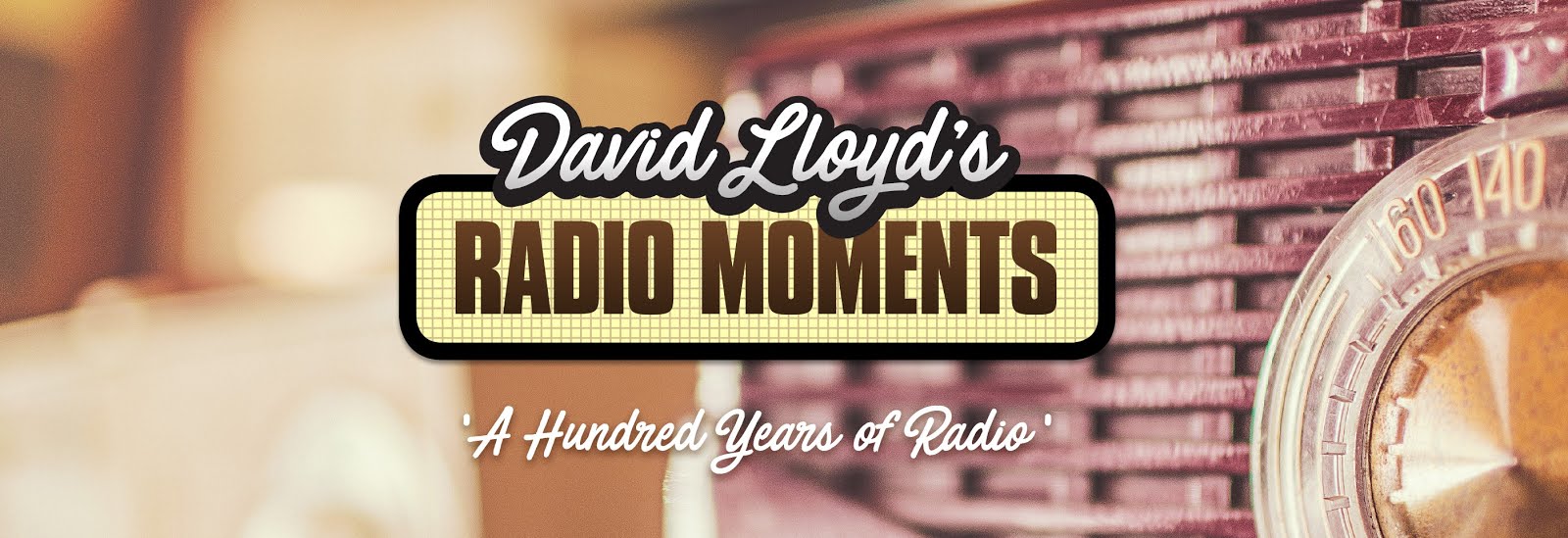Isn't it strange seeing people you haven't seen for thirty years? Not least when, with some folk, you feel able just to pick up where you left off.
Last weekend, on that misty Saturday night, a throng of us congregated in the splendid surroundings of Nottingham's Wollaton Hall. We'd last met at hospital radio: for many of us, that was decades ago. Since then, some of us had blagged our way into professional broadcasting; others had taken a more sensible course in life.
Routes into radio are as different as the people who work within it. Some drink up their experience from student radio, others simply apply for a transfer from being a showbiz name. In the mid '70s, commercial radio was fuelled by those from the biscuit factory radio, UBN.
Last weekend, on that misty Saturday night, a throng of us congregated in the splendid surroundings of Nottingham's Wollaton Hall. We'd last met at hospital radio: for many of us, that was decades ago. Since then, some of us had blagged our way into professional broadcasting; others had taken a more sensible course in life.
Routes into radio are as different as the people who work within it. Some drink up their experience from student radio, others simply apply for a transfer from being a showbiz name. In the mid '70s, commercial radio was fuelled by those from the biscuit factory radio, UBN.
A few individuals have been in radio so long they have forgotten quite how they got in; and others moan so much they really should look for the door marked exit.
I was turned away from NHR's dusty, pre-fab building for being too young, but battled through, aged 16, to win my blue Dymo membership badge at last. Nottingham Hospitals Radio was frighteningly well-managed, with a clear focus on its audience. Like so many of that generation, it was in hospital radio that I learnt the rudiments. Just maybe the number of professional stations across the UK is now so large that broadcasters can speed their way to huge FM transmitters without sufficient probationary benefit.
A Saturday afternoon NHR programme from 1982
As so many in radio, I began on-air with a very high voice. Thankfully, my first ever show on
17th December 1977 is lost on some crumbling 1/4" tape somewhere, although
I do recall 'Underneath The Arches' from a warped Flanagan and Allen LP was my
first song, which tells a little of how well-targeted the station genuinely
was. Mark Woodhouse tech-opped, which stood him in good stead for his own technical future. Cheers, Mark. Goodbye to see you again. Anyone born at our station knew about preparation, pre-fading and PPM levels.
Rather too many hospital stations appear to target their disc jockeys rather than their audience, which must be a little annoying for those who donate monies to keep the stations alive. Yes, hospital radio can have been a great training ground, but that is not the reason for its existence. Ours had mandatory ward visiting with summary execution for those who missed it more than once. Wisely so. My 93 year old dad's just out of hospital and, on boring days there, he would have killed to have someone stop by his bedside for a natter. It means more than you'll ever know.
Rather too many hospital stations appear to target their disc jockeys rather than their audience, which must be a little annoying for those who donate monies to keep the stations alive. Yes, hospital radio can have been a great training ground, but that is not the reason for its existence. Ours had mandatory ward visiting with summary execution for those who missed it more than once. Wisely so. My 93 year old dad's just out of hospital and, on boring days there, he would have killed to have someone stop by his bedside for a natter. It means more than you'll ever know.
In the studio, our equipment was sufficient. Sonifex cart machines with a loud click
played out our stolen poorly-edited jingles, armed with black AA2 carts, which
our younger members dutifully re-laced with lubricated tape. A few battered Ferrograph tape machines with
an editing block nailed near the heads were reserved for editing; and a swish
new Revox played out the evening's recorded shows. Sig tunes for each show, which were compulsory
given this was the 70s, were kept on 5" spools. Yellow leader at the front
red at the rear. Turntables were slow to start, so each had a felt slip mat
which one gripped until the required moment. Release the fingers; and lo, the
Dooleys.
Early lessons were learned about the importance of vocabulary. 'Listeners' were referred to as just that on-air, never 'patients'. The hope was that our pirated jingles and spotty, adolescent presenters playing The Old Rugged Cross meant that they might forget the major surgery the following day.
Radio Trent feature on NHR 1977
We received a crash course on how radio is a one-to-one medium; not least because, on lucky days, we did indeed amass that single listener. Alas, too many on-air professionally nowadays forget the power of the singular 'you' and suggest that 'any of you out there' keep your 'texts coming in'. It's a basic rule of radio broken by too many, too often.
An early duty for me was the programme for the long-stay geriatric hospitals. One popular feature within was the 'birthday list': "Hello Agnes, happy 93rd birthday. Here's George Formby - and the one entitled...". We'd run down the shiny tiled corridors to conduct a last minute check that all was well with dear Agnes's health just minutes before the show; on the pretext of delivering a branded Christmas card.
Early lessons were learned about the importance of vocabulary. 'Listeners' were referred to as just that on-air, never 'patients'. The hope was that our pirated jingles and spotty, adolescent presenters playing The Old Rugged Cross meant that they might forget the major surgery the following day.
Radio Trent feature on NHR 1977
We received a crash course on how radio is a one-to-one medium; not least because, on lucky days, we did indeed amass that single listener. Alas, too many on-air professionally nowadays forget the power of the singular 'you' and suggest that 'any of you out there' keep your 'texts coming in'. It's a basic rule of radio broken by too many, too often.
 |
| Note the light switch (mic live light!) |
The Nottingham station, run by the towering Barrie 'James' Pierpoint, was strong on PR. Upon its birthday, a team of typists would compose neat letters on the Golf-ball typewriter to professional stations, requesting 'anniversary greetings'. May I now concede that it was actually a ruse
to get stereo copies of their jingles. Now, though, those messages have become a
lucky piece of radio history.
Friends, it was good to see you again. Including those who should have gone into radio but sadly didn't.
More hospital radio memories - and other fond recollections - in my book 'Radio Moments'
More hospital radio discussion on blog post: 'Why Do We Bother With Hospital Radio?'
More hospital radio memories - and other fond recollections - in my book 'Radio Moments'
More hospital radio discussion on blog post: 'Why Do We Bother With Hospital Radio?'



.jpg)




No comments:
Post a Comment